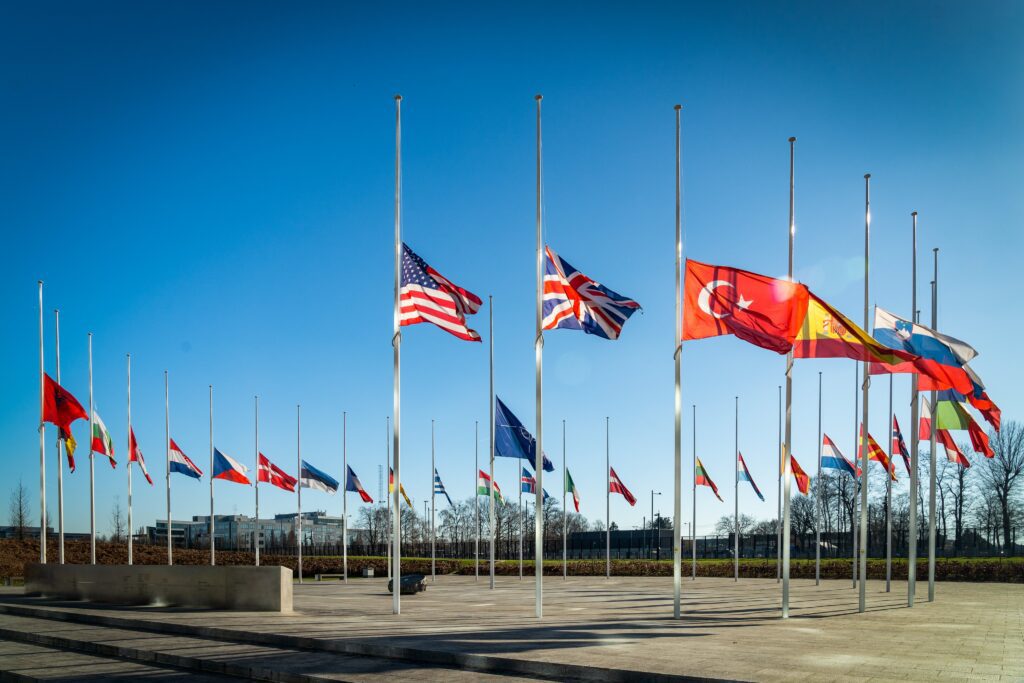In an ever-changing world, NATO faces strategic challenges in addressing threats and responses to global security. From military aggression to cyber warfare and terrorism, the alliance must adapt to a range of challenges to maintain relevance and effectiveness. Rising military aggression from state actors, cyber warfare, terrorism, and global instability are key challenges. NATO must develop unified responses to military aggression, strengthen cyber defenses, enhance intelligence sharing to prevent terrorism, and maintain unity among member states to address global instability. By fostering cooperation and developing a unified approach, NATO can continue to play a crucial role in ensuring peace and security in the region.
NATO’s Strategic Challenges
As the world continues to change and evolve, the North Atlantic Treaty Organization (NATO) faces a number of strategic challenges in addressing threats and responses to global security. From traditional military threats to cyber warfare and terrorism, NATO must adapt and respond to a wide range of challenges in order to maintain its relevance and effectiveness in the modern world.
Rising Military Aggression
One of the most pressing strategic challenges facing NATO is the rise of military aggression from state actors. Russia’s annexation of Crimea in 2014 and ongoing conflict in Ukraine has raised concerns about the potential for further military aggression in Europe. Additionally, China’s increasing assertiveness in the South China Sea and its military modernization efforts pose a new challenge for the alliance. NATO must develop a unified response to these threats while also maintaining dialogue and cooperation with these countries in order to prevent escalation.
Cyber Warfare
The rise of cyber warfare presents another significant challenge for NATO. As technology continues to advance, the potential for cyber attacks on critical infrastructure and military systems has increased. NATO must work to strengthen its cyber defenses and develop a unified approach to combating cyber threats in order to protect its member states from potential attacks.
Terrorism
The threat of terrorism continues to be a major concern for NATO, particularly in the wake of recent attacks in Europe and the Middle East. The alliance must work to enhance intelligence sharing and cooperation in order to prevent future attacks, while also addressing the root causes of terrorism through political and social means.
Global Instability
The changing global environment, including the rise of populist movements in Europe and the United States, as well as the increasing influence of non-state actors, creates a sense of instability that NATO must address. The alliance must work to maintain unity and cooperation among its member states in order to effectively respond to these challenges and ensure peace and stability in the region.
Conclusion
In conclusion, NATO faces a number of strategic challenges in addressing threats and responses in a changing world. From military aggression to cyber warfare and terrorism, the alliance must work to adapt and respond to a wide range of challenges in order to maintain its relevance and effectiveness in the modern world. By developing a unified approach to these challenges and fostering cooperation among its member states, NATO can continue to play a crucial role in ensuring peace and security in the region.
